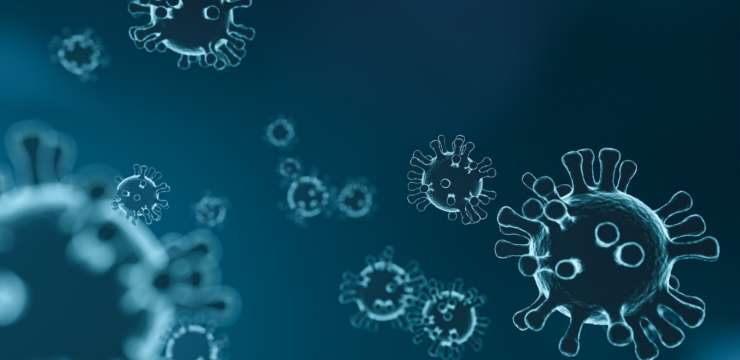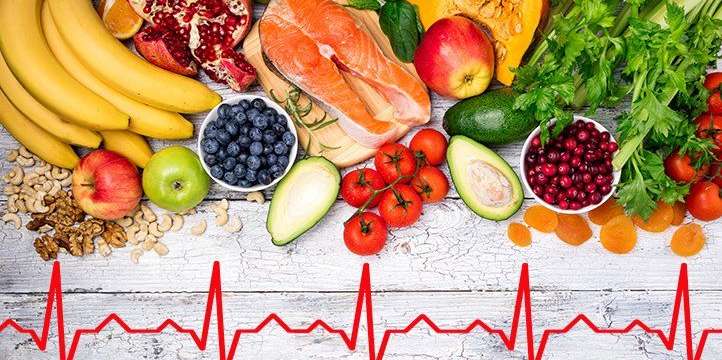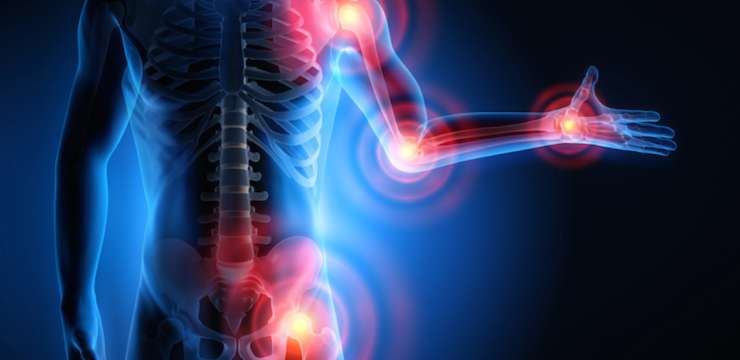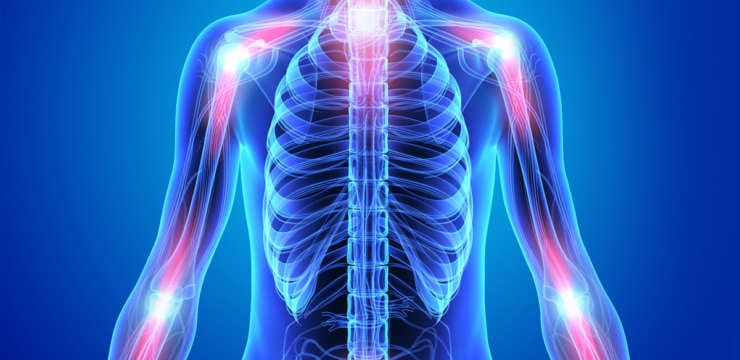Migraines and Fibromyalgia have one thing in common, they are both due to mitochondrial dysfunction. More often than not we see those with mitochondrial dysfunction suffering from more than one type of discomfort. The first thing we do is take a detailed history, to truly understand the patient’s history, environment, previous treatment plans, and symptoms.Â
Mitochondrial function is a necessity for the body to perform properly. There have been studies that show that magnesium and malic acid is needed for mitochondrial function. In fact, giving magnesium malate 2 tabs, three times a day showed decreased pain in fibromyalgia patients. Magnesium also helps as a laxative and is often helpful in cleansing the gut and beginning to restore gut health. Another step we take to restore gut health is to perform a food sensitivity test to make sure they do not have any specific IgG reactions to foods consumed in their daily diet. We use the Food Sensitivity Test from Vibrant America. Genes
There is research supporting that individuals who have an MTHFR gene mutation are more susceptible to instability in the central neurovascular system. Those who have a MTHFR gene mutation can not convert folate to methylfolate. This is linked to migraines, mood problems, and increased susceptibility for fibromyalgia. For more information regarding MTHFR, please refer to GeneCards: MTHFR.
Nutrition / SupplementsÂ
After analyzing lab work, and when implemented correctly, there are many foods and supplements that can help patients with symptoms associated with mitochondrial dysfunction.Â
Some foods to eat include:Â
almonds and other nuts and seeds
broccoli
beans
tofu
oatmeal
dark leafy greens
Avocado
The supplements we use are from Biotics Research and include:
Bio-Multi Plus
ProMulti Plus
Bio D MulsionÂ
B12-2000
Optimal EFA caps
A.D.P
















